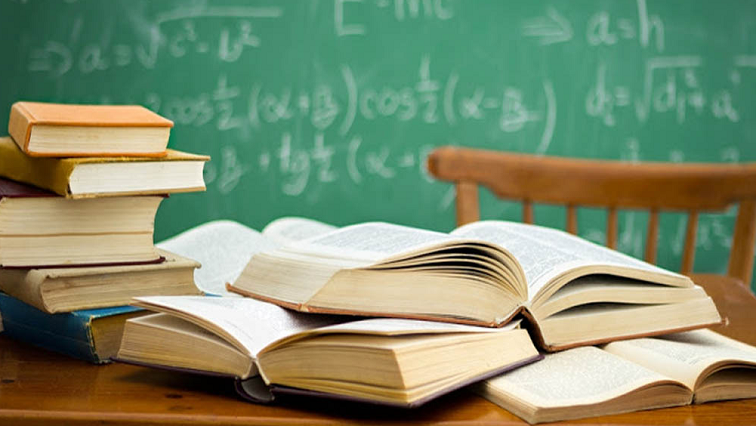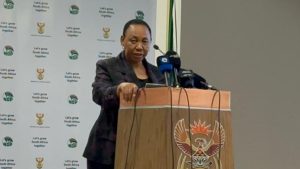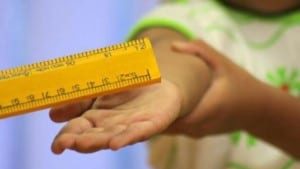Over one million Grade 7 and 12 pupils are expected to return to school as the Basic Education Department prepares to catch up after more than two months of no schooling due to the lockdown.
Teacher unions, school governing bodies and other stakeholders have finally given the department the green light following concerns over the state of readiness.
The department says it used last week to improve its mop-up operations to ensure that learners and staff remain safe.
At least 95% of schools are now ready to commence with classes on Monday morning.
Basic Education Minister Angie Motshekga and a team of other stakeholders briefed the media in Pretoria on Sunday.
In the video below, teachers’ union, SADTU, supports government’s back to school decision:
The Education Department says out of 23 675 schools, 23 100 are ready to receive learners.
Minister Motshekga says the reports on the readiness of schools’ reopening are pleasing.
“So we did receive a joint report from unions, we received reports from provincial heads of education, we received a report from Rand Water to say how far we were, but also received reports from the national consortium. All these reports indeed confirm the point that we have moved a long way in being ready for teaching from the 8th of June.”
In the video below, Minister Motshekga says most schools are ready to receive Grade 7 and 12 learners:
Over 1 600 schools have been vandalised since the lockdown and as a result, most of them won’t be opening. Motshekga says the department has taken steps to ensure that no learner gets left behind.
“For the remaining 5% or so of learners, alternative measures have been developed by districts and provinces, some of them include using neighbouring schools, using unutilised spaces, for instance in boarding schools and putting other learners in camps just to make sure that no learner gets left behind. Because some of these alternatives need consultations with parents in particular, provinces will be engaging with parents and following appropriate protocols to get parental concession that we move learners from where they are and find the spaces in alternative places.”
Below is an infographic on government’s COVID-19 back-to-school plan:
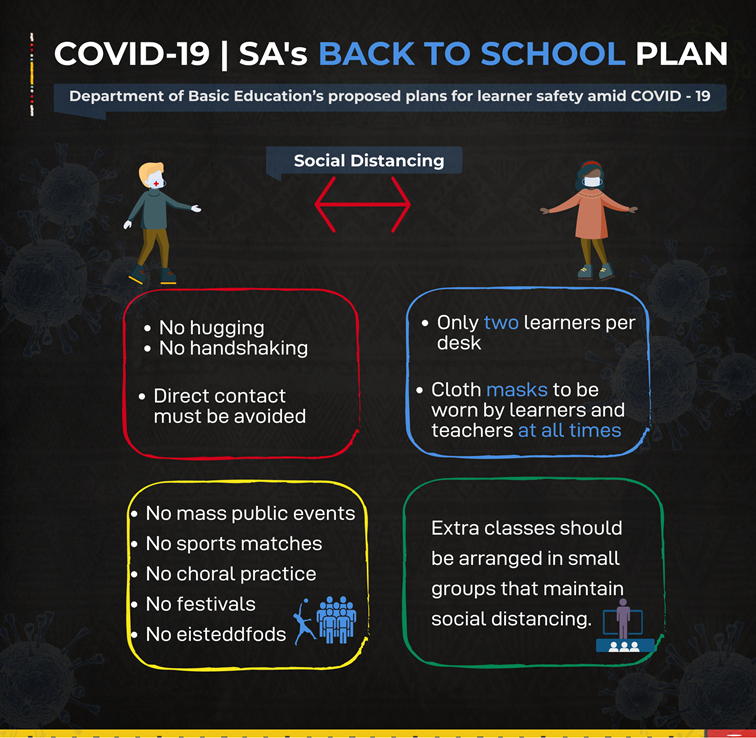
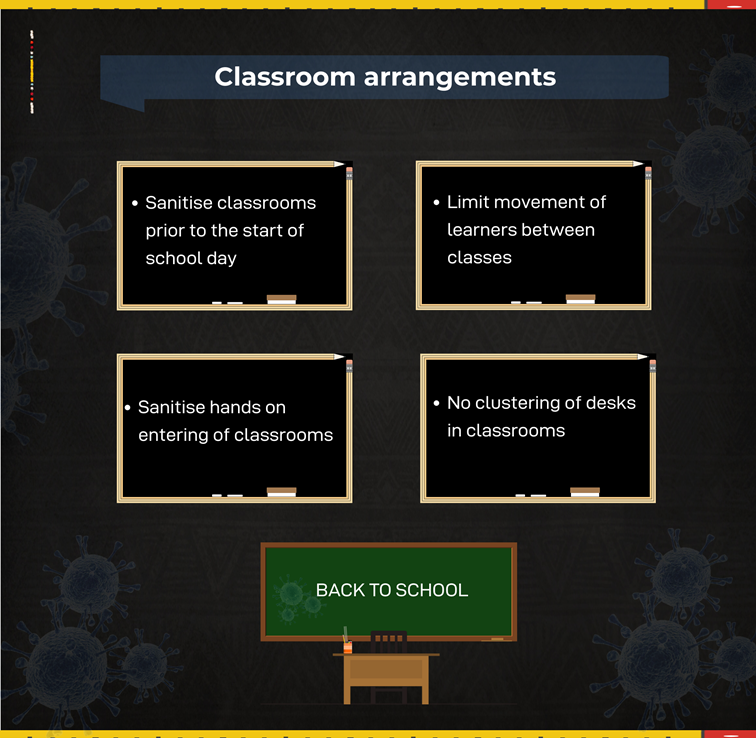
Difficulties with COVID-19 supplies
Meanwhile, Gauteng and the Eastern Cape experienced some difficulties with the delivery of COVID-19 supplies due to disruptions by some disgruntled businesses.
While Gauteng managed to curb this early, in the Eastern Cape the delivery of masks was affected.
“The delivery slowed down because of community protests which were precipitated by local business people who want the delivery of COVID essentials to be done by them and delayed delivery in these areas and brought the performance of the Eastern Cape as a whole down compared to other provinces,” says Basic Education Director- General, Mathanzima Mweli.
Schools provided with water tankers
Provisions for water and sanitation have also been put in place with over 2 900 schools supplied with tankers by water utility, Rand Water.
The bulk of tankers were delivered in KwaZulu-Natal, Limpopo and the Eastern Cape.
CEO Percy Sechemane says they are looking at finding a sustainable long-term solution of supplying water.
“As soon as we get tanks filled with the tankering services, we’re gonna work with the Department of Education to find a sustainable way of supplying water through various reticulation systems and pipes and the usage of boreholes.”
Motshekga says parents who are not ready to send children back to school will be consulted about alternatives.
In the video below, parents inspect vandalised schools ahead of the reopening on Monday:
Schools unable to open
Teachers’ unions in KwaZulu-Natal remain concerned as schools re-open for Grades 7 and 12 learners across the country.
Western Cape schools opened on Monday last week in terms of the earlier Basic Education plan.
In the video below, Western Cape schools ready to re-open:
KwaZulu-Natal Education Department MEC Kwazi Mshengu has confirmed that schools that are not ready – largely due to a lack of access to water. Unions say currently, over 1000 of the rural schools remain without water.
Last week, schools in the urban areas of Umlazi and Pinetown were left in the lurch when critical PPEs disappeared – only to re-appear a few days later.
“Teacher unions say schools with no water should not re-open as this will compromise the lives of teachers and learners. Over 50 percent of schools in KwaZulu-Natal are rural schools. Many of them are faced with a number of challenges such as poor infrastructure, no running water and poor sanitation, challenges that are not unique to the COVID-19 lockdown. Last week, when teachers returned to work after two months under lockdown, many in these rural area could not resume work, as water tanks ran dry. Schools in urban areas like Umlazi and Pinetown suffered delayed deliveries of their PPEs after a batch destined for schools in these districts disappeared. The provincial education department is investigating the incident.”
In the video below, KZN Education Department investigates the theft of PPEs meant for learners:


